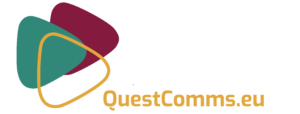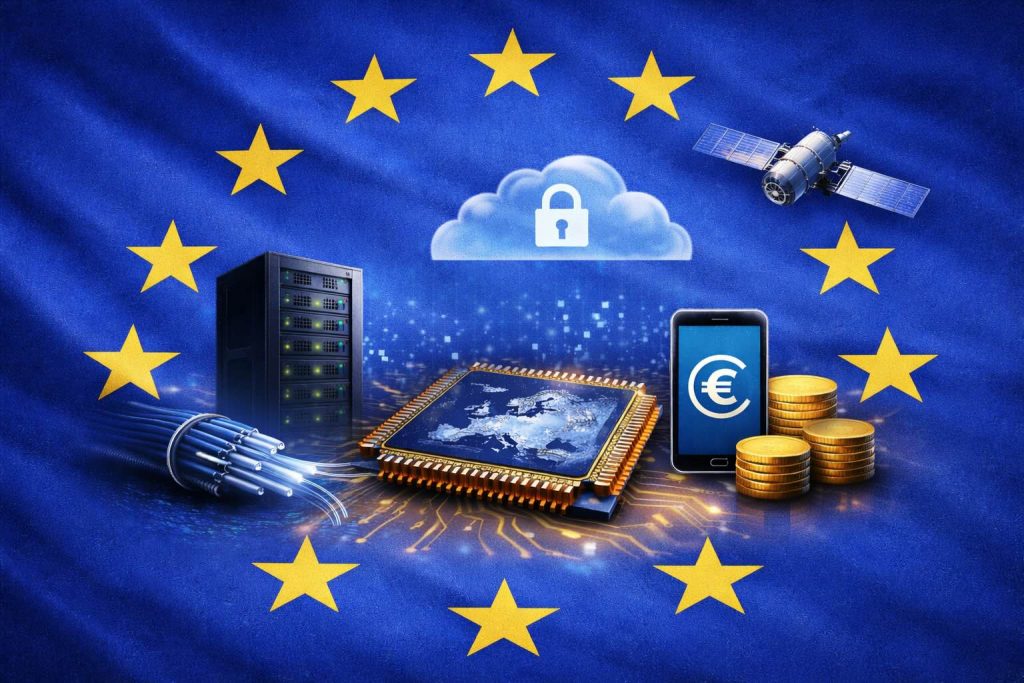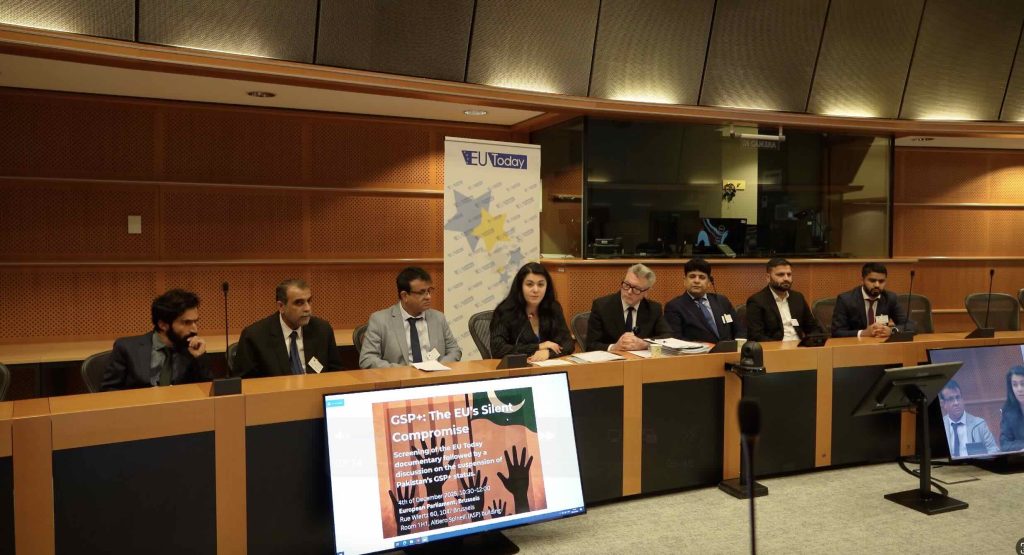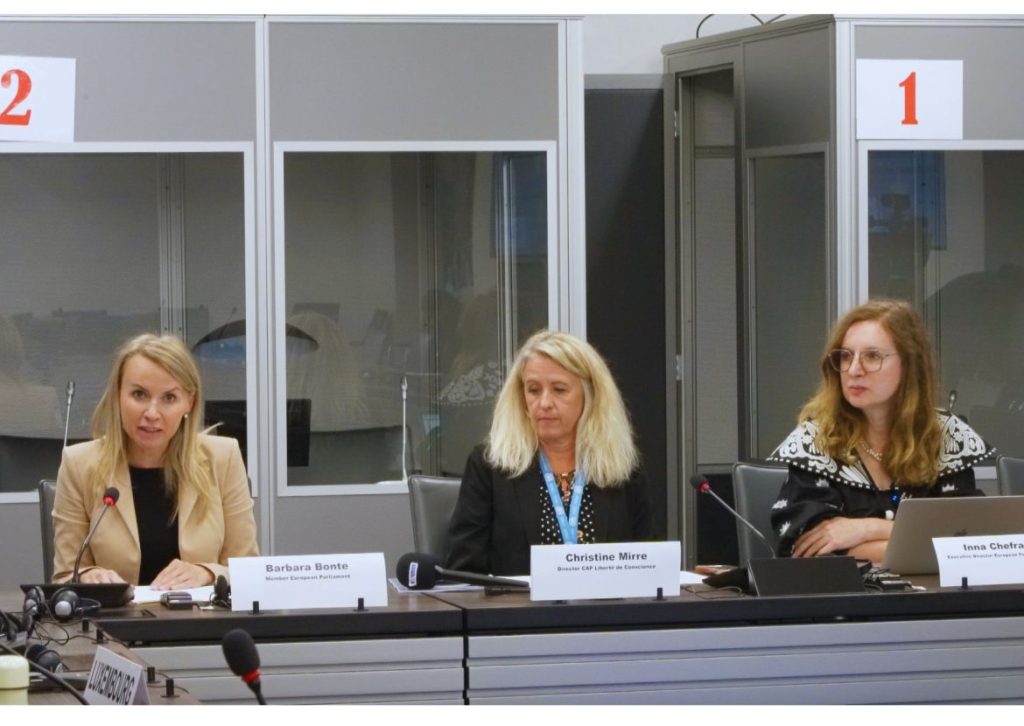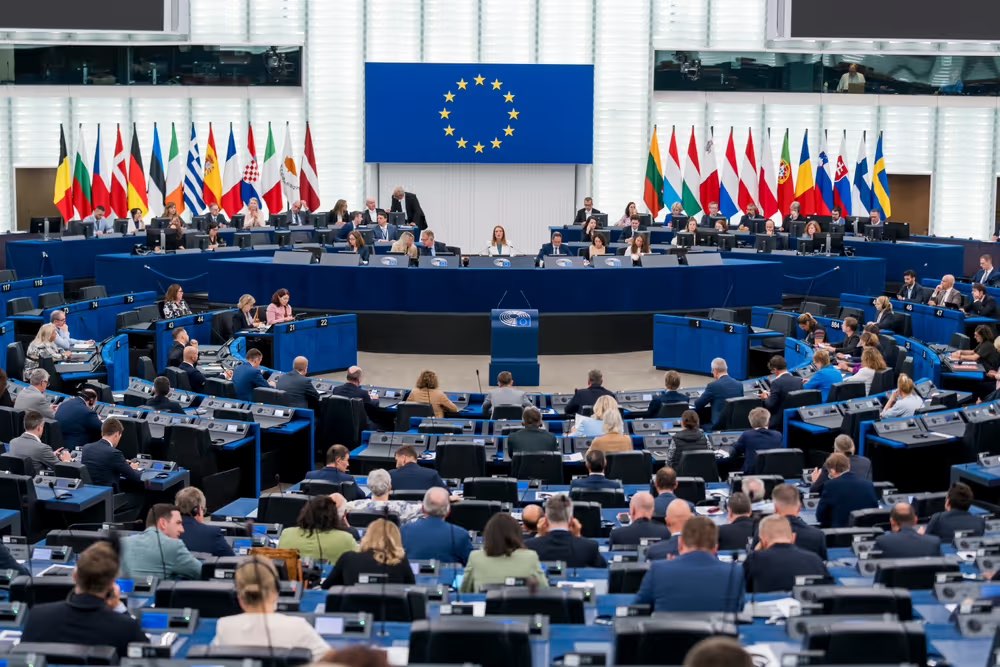Against the backdrop of sanctions against Russia, particularly in light of its dominance in the nuclear sector, discussions at a recent conference shed light on the pressing issues facing the continent.
Hosted by Gary Cartwright, publisher of EU Today, the conference – facilitated by QuestComms.eu – aimed to delve into the evolving dynamics surrounding nuclear diplomacy in Europe.
With a focus on enhancing nuclear safety, security, and safeguards, as well as exploring alternatives to reliance on Russian nuclear fuel and services, the agenda was robust and timely.
Key speakers at the conference were Andrii Chubyk, an Associate Expert at the Centre for Global Studies “Strategy XXI”, and Oksana Ishchuk, Executive Director of the Centre for Global Studies “Strategy XXI” and an analyst in international and energy relations.
Their insights provided valuable perspectives on the significance of Rosatom, Russia’s state-owned nuclear corporation, and its role in shaping Europe’s energy landscape.
Oksana Ishchuk initiated discussion on the significance of Rosatom within Russia’s energy landscape. Rosatom, a state-owned entity, is primarily dedicated to atomic energy and maintains a monopolistic position akin to Gazprom’s dominance in the gas sector.
With a vast network comprising over 400 entities, Rosatom’s influence extends beyond civilian energy production into the military nuclear domain.
In addition to its civilian energy operations, Rosatom holds responsibility for manufacturing and producing warheads in Russia. The corporation oversees the entire cycle of nuclear weapon development, including production and disposal of ammunition, as well as other associated military and nuclear weapon-related activities. This underscores Rosatom’s dual role in both civilian and military spheres within Russia’s energy and defense sectors.
Andrii Chubyk further emphasised Rosatom’s involvement in international projects, particularly in regions like Asia and Africa, where its operations raise concerns due to a lack of transparency and adherence to safety protocols.
The conference also addressed the phenomenon of developing nations opting for Rosatom’s services over Western counterparts.
Despite concerns over nuclear safety and transparency, countries like Uzbekistan, Turkey, and Belarus have engaged with Rosatom, raising questions about the motivations behind such partnerships.
The discussion underscored the need for Europe to diversify its nuclear supply chain and reduce dependence on Russian technologies and fuel. Suggestions included exploring alternative sources of uranium, transitioning to Western fuel alternatives, and restricting the transfer of Western technologies to Rosatom.
However, challenges remain, including the reluctance of some European countries to impose sanctions on Rosatom and the complexities of existing business ties between Western companies and Russian counterparts.
The recent incident involving the seizure of a ship carrying enriched uranium from Russia to the United States further highlights the complexities surrounding sanctions enforcement and the need for coordinated action.
In conclusion, the conference highlighted the urgent need for Europe to address its dependence on Russian nuclear technologies and fuel.
By prioritising unity, strategic action, and proactive leadership, Europe can mitigate the risks posed by Russia’s nuclear ambitions and safeguard its energy security and independence in the face of geopolitical challenges.
Please find below transcript of the conference:
Share this post
- Click to share on Facebook (Opens in new window) Facebook
- Click to share on X (Opens in new window) X
- Click to share on LinkedIn (Opens in new window) LinkedIn
- Click to email a link to a friend (Opens in new window) Email
- Click to share on Telegram (Opens in new window) Telegram
- Click to share on WhatsApp (Opens in new window) WhatsApp
